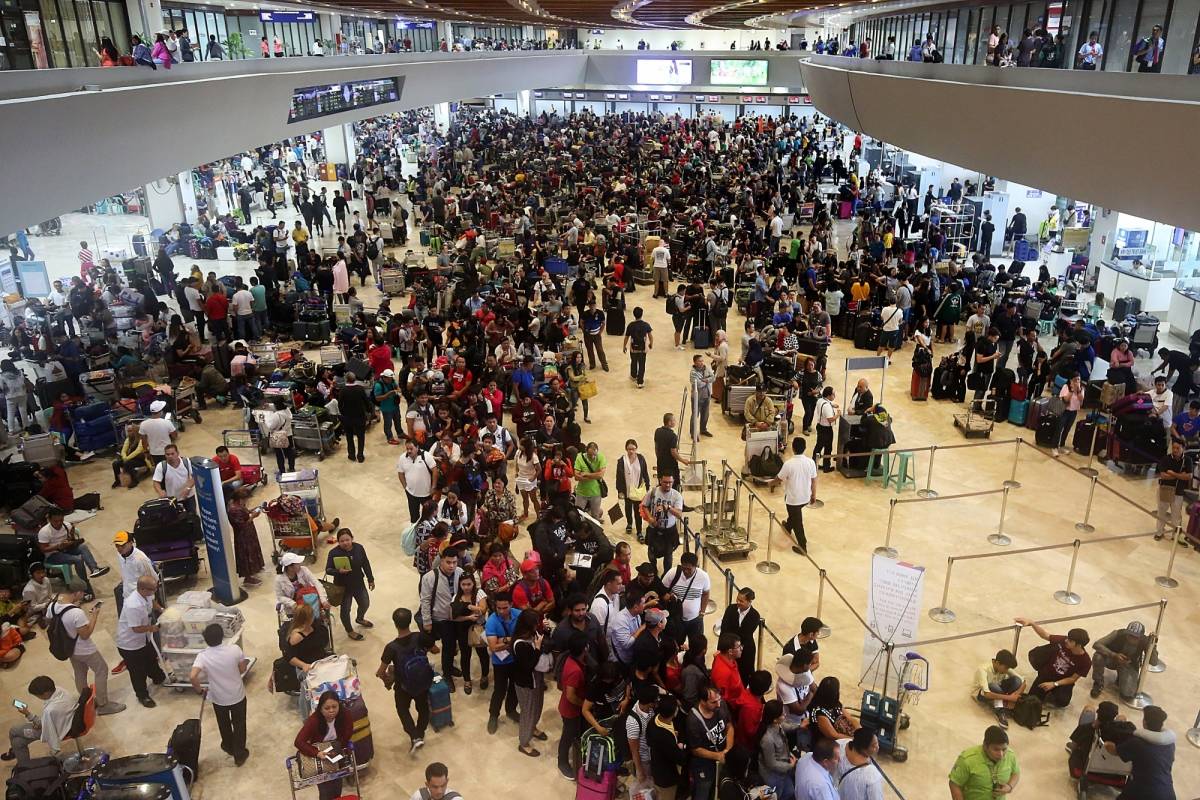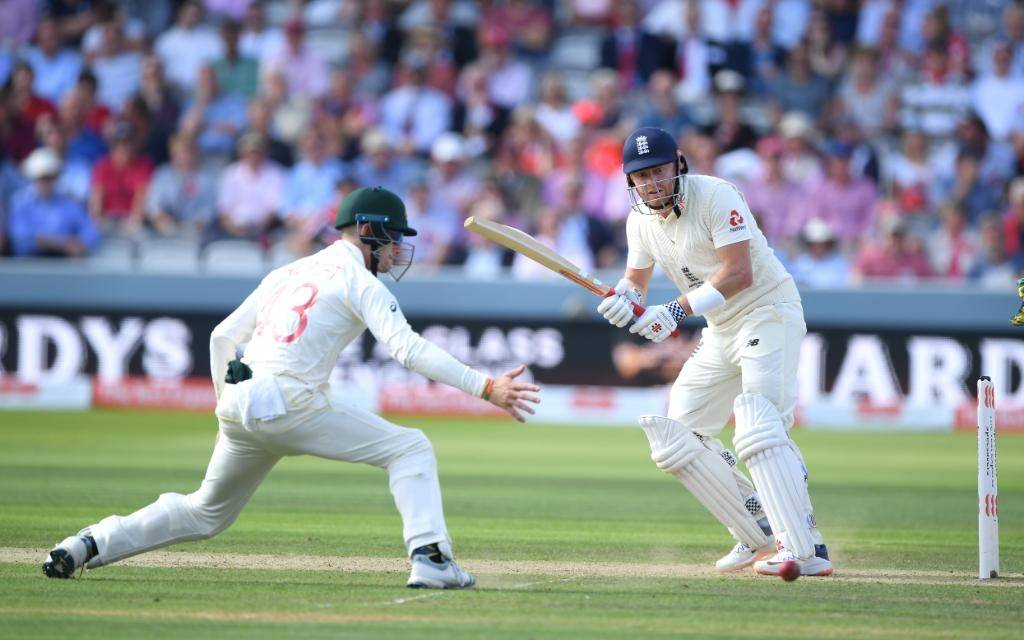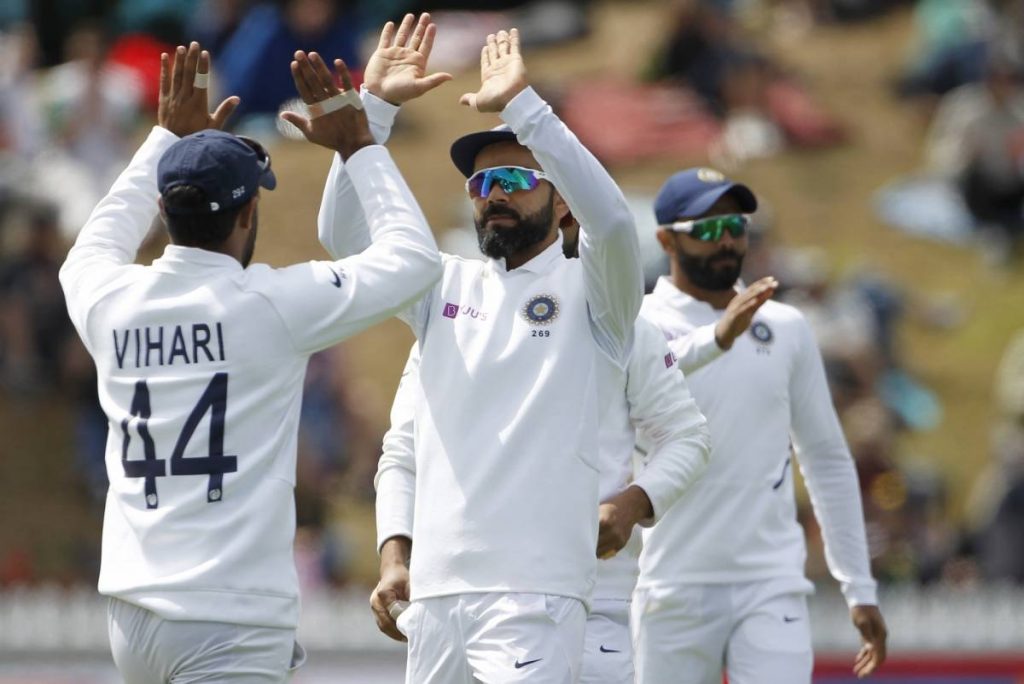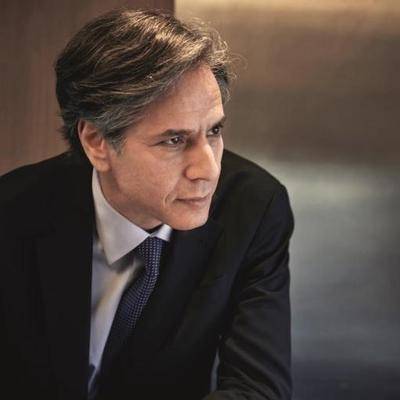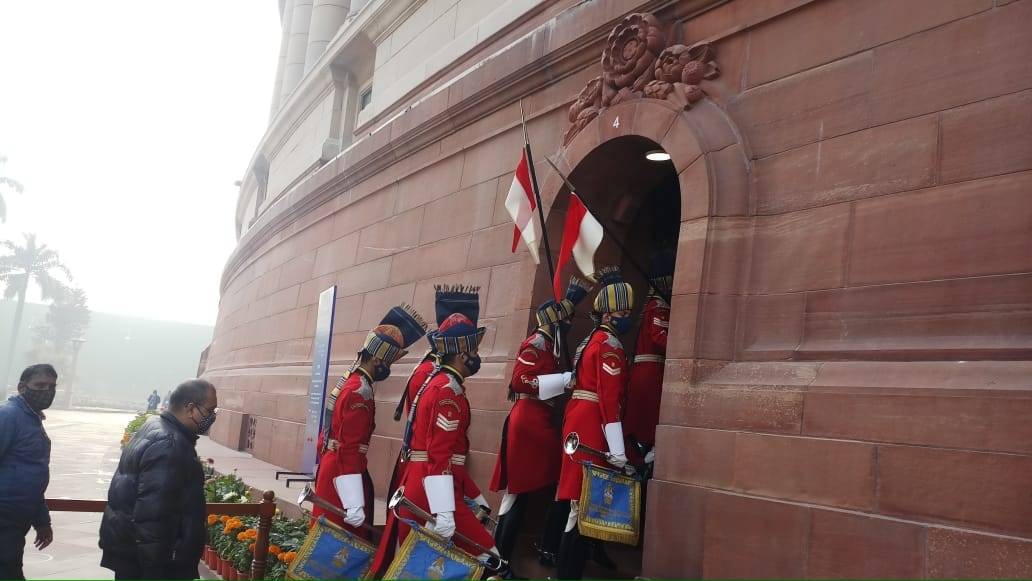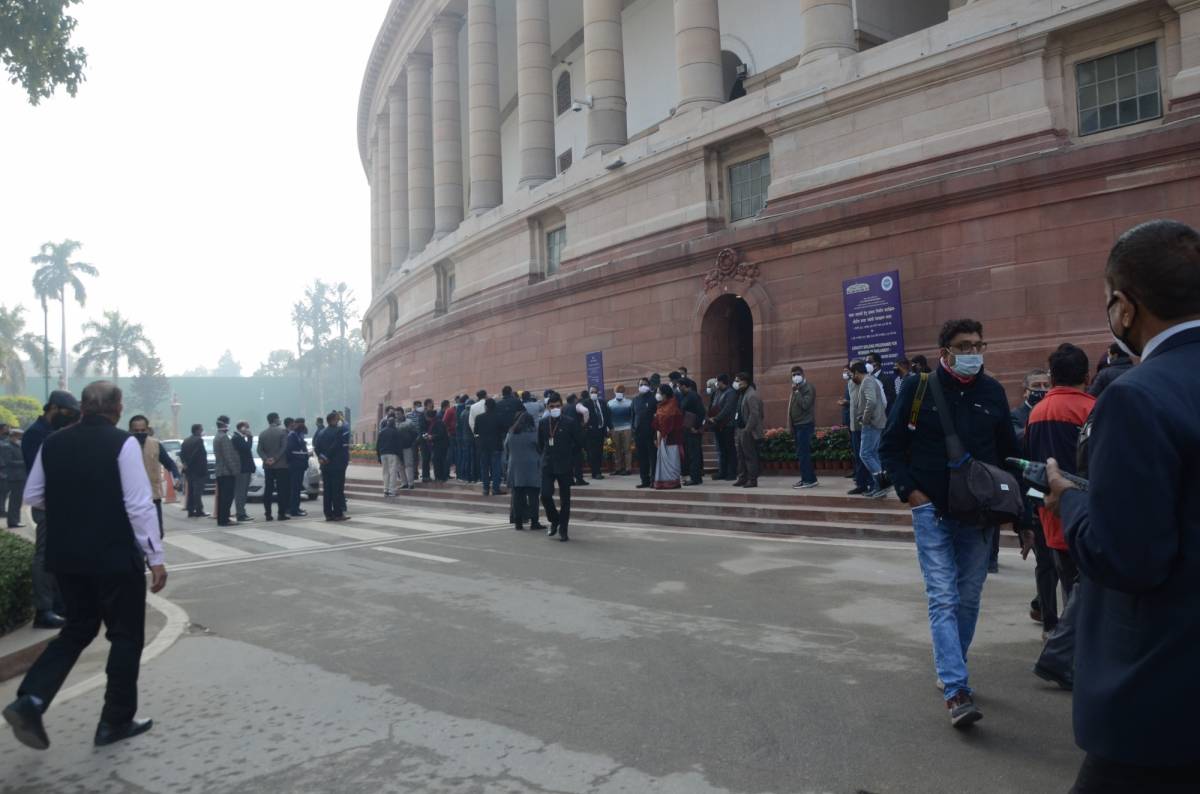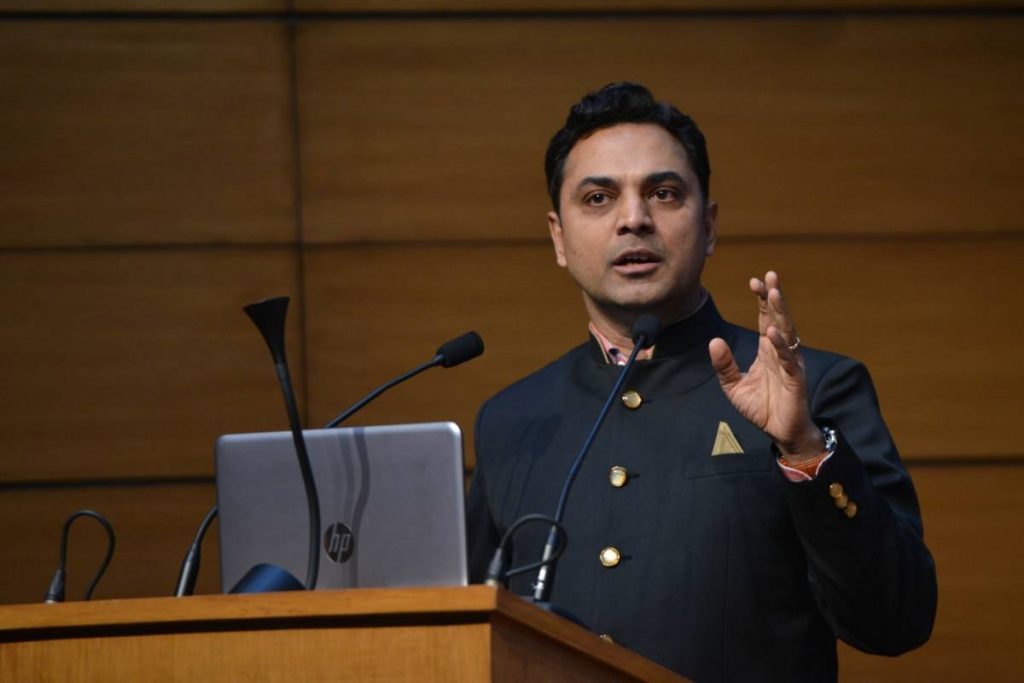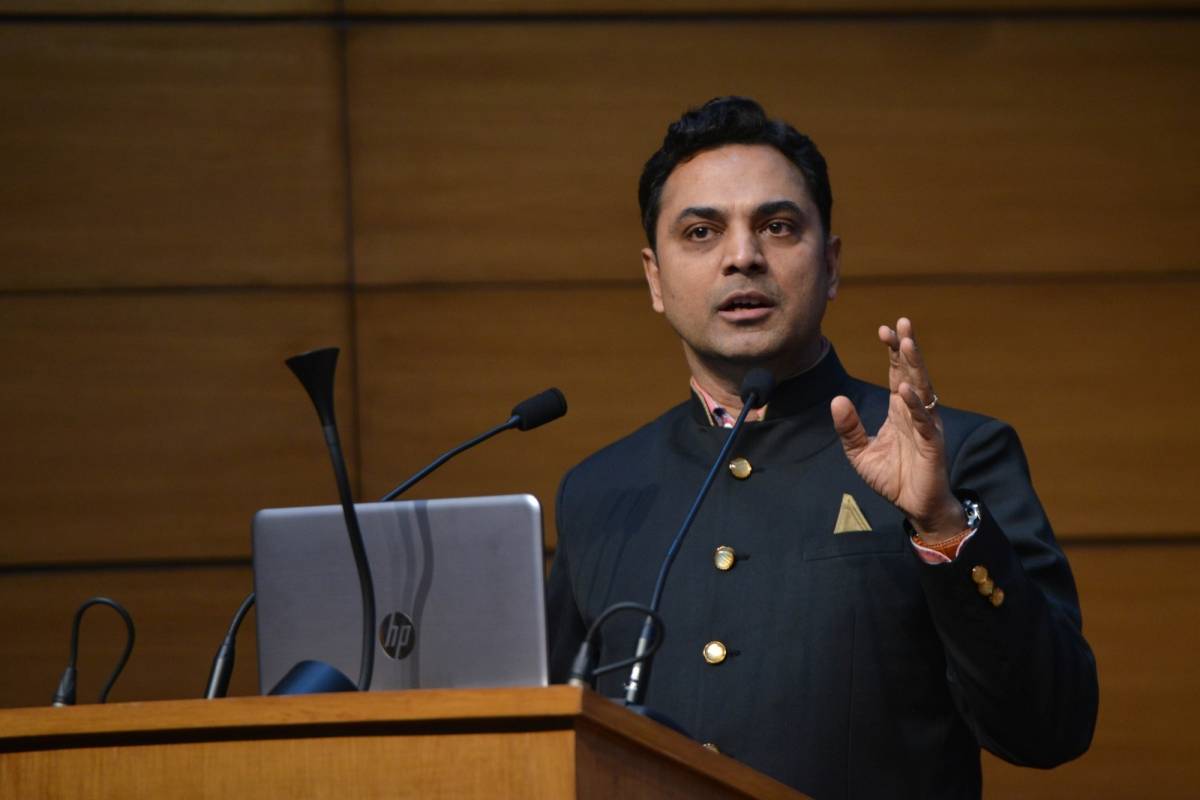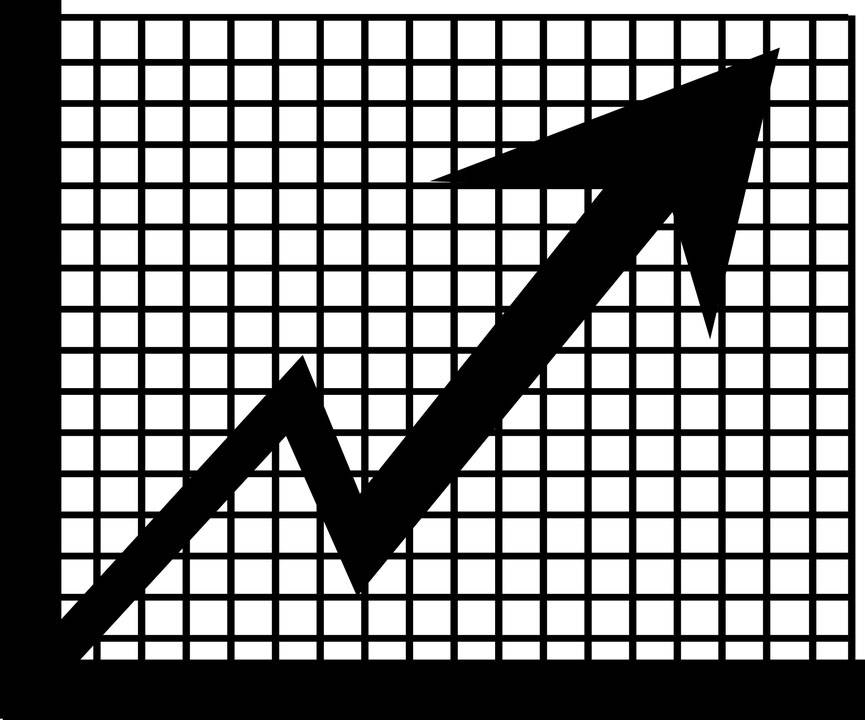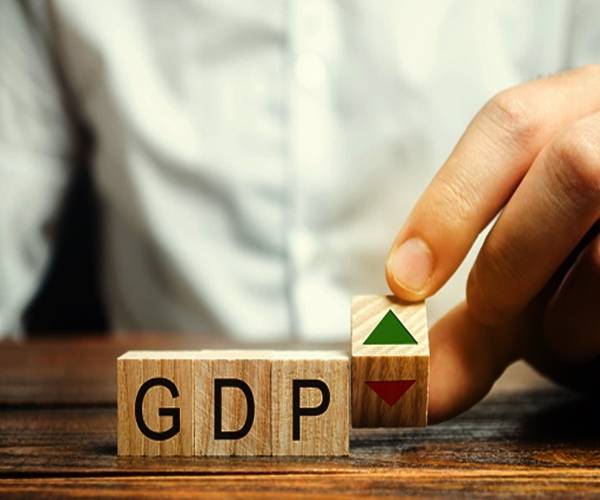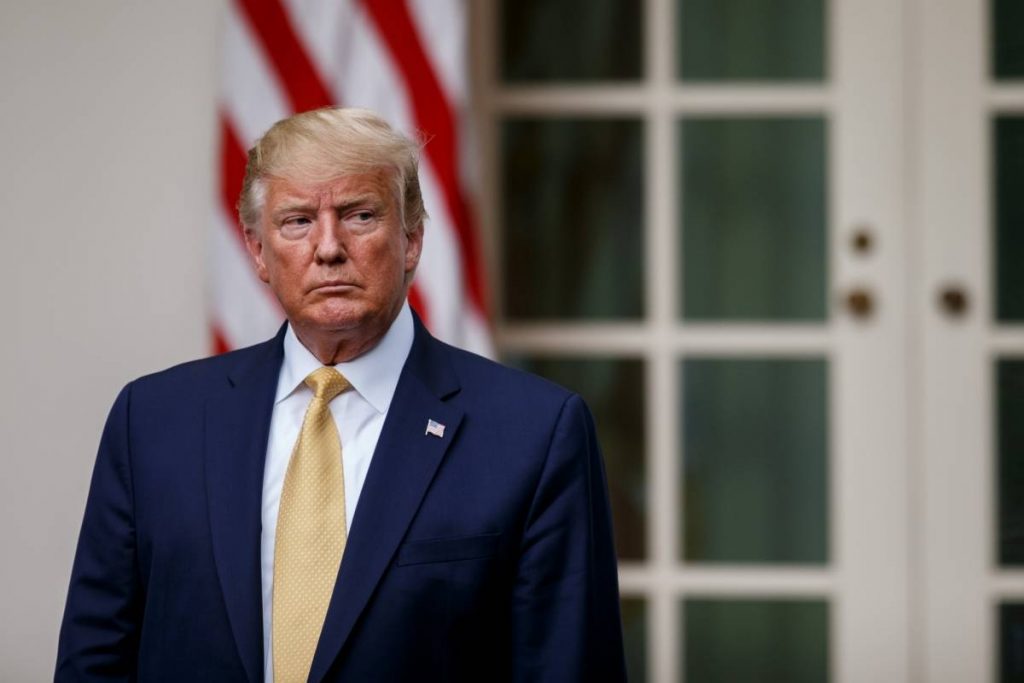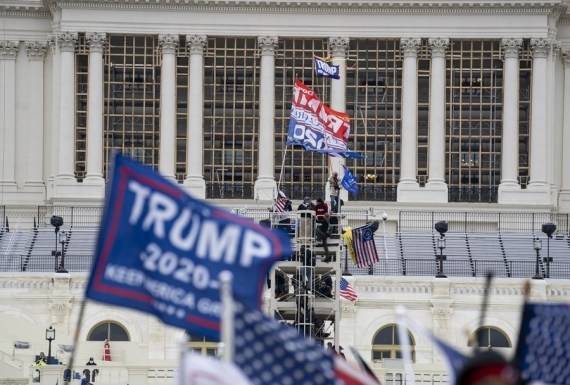The ban from 36 countries and regions, including the UK, China and the US, is scheduled to end on January 31…reports Asian Lite News
Starting February 1, the Philippines will relax a ban on foreign travellers from over 30 countries and regions that have confirmed cases of more transmissible Covid-19 variants, presidential spokesman Harry Roque said on Friday.
The ban from 36 countries and regions, including the UK, China and the US, is scheduled to end on January 31, reports Xinhua news agency.
“The restriction remains until January 31, and would lapse after the aforesaid date,” Roque said in a statement.
The government clarified that foreign nationals who are not allowed entry to the Philippines as stated by previous orders, including those holding tourist visas, are still prohibited to enter the country.
Roque reiterated that travellers allowed entry still need to complete the 14-day quarantine.
On the same day, the spokesman announced that President Rodrigo Duterte has retained the general community quarantine for the capital city of Manila until the end of February to curb the virus spread.
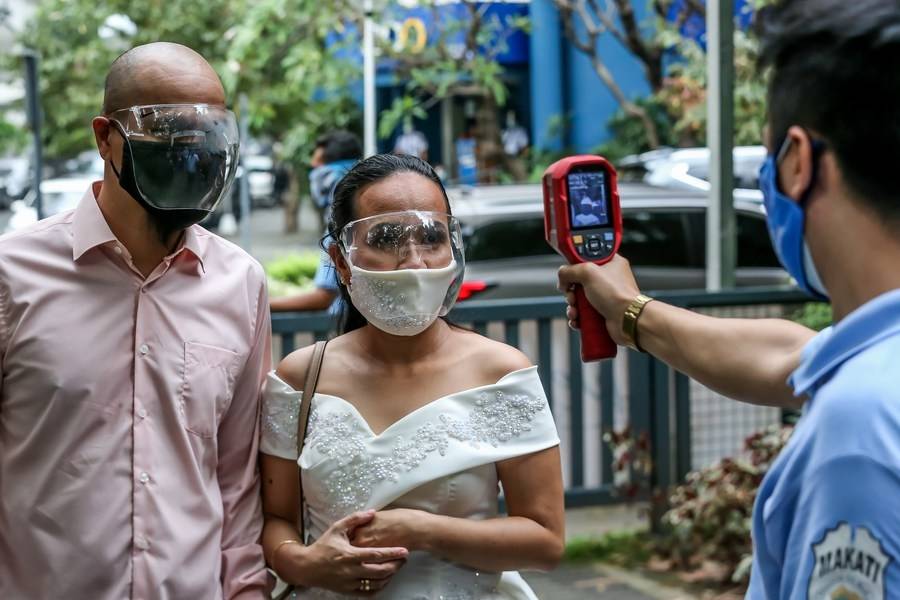
Aside from Manila, Roque said Duterte also placed a number of provinces across the country under the same restrictions.
Many provinces in other parts of the country are put under more relaxed restrictions, he added.
The Philippines has been put under varying degrees of lockdowns since March last year.
The country has so far registered a total of 519,575 coronavirus cases, with 10,552 deaths

